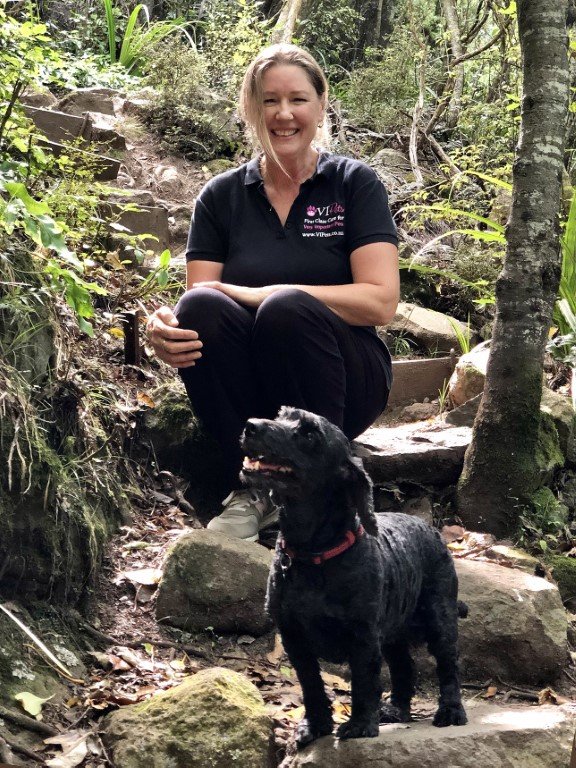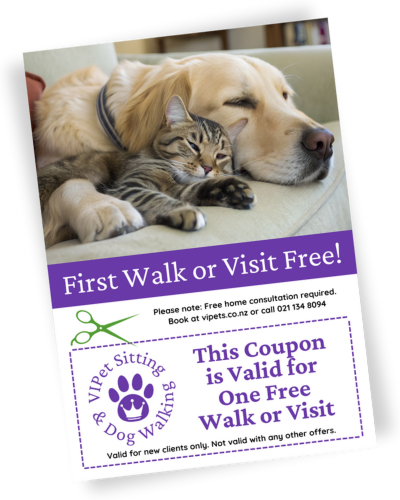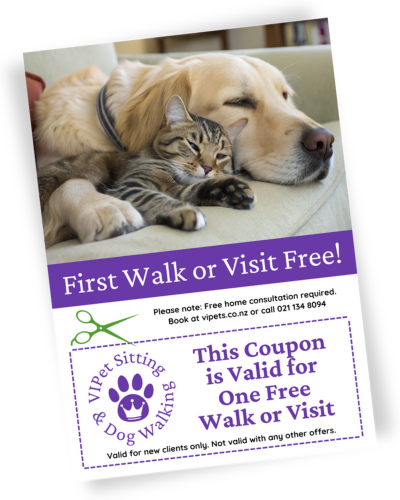Birds have this reputation for being easy, self-sufficient pets. Pop them in a cage with some seed and water, change the paper at the bottom occasionally, maybe let them out for a fly around sometimes. They’re quiet, they don’t need walks, they’re practically no maintenance at all.
If you actually own birds, you know that’s simply not true.
Birds are extraordinarily intelligent, emotionally complex creatures with specific needs that most people drastically underestimate. They need daily mental stimulation and social interaction. Their respiratory systems are incredibly sensitive to environmental hazards. They’re highly skilled at masking illness until they’re critically unwell. They can develop serious behavioural problems from boredom or loneliness. And many species can live for decades, forming deep bonds with their owners that make any separation genuinely stressful.
If you’re reading this because you need someone to care for your bird in Christchurch while you’re away, you already understand all of this. You’re not looking for someone to just throw in some seed and change the water. You want someone who actually knows birds and will give them the proper attention, interaction, and care they need to stay healthy and happy.

Why Birds Are More Complex Than Most People Realise
Here’s something that surprises people who’ve never owned birds. They’re incredibly sensitive creatures despite often appearing quite confident and robust. Their respiratory systems are so efficient they can extract oxygen at high altitudes, but that same efficiency makes them extremely vulnerable to airborne toxins. Things that barely affect mammals can kill birds. Aerosol sprays, scented candles, non-stick cookware fumes, even strong cleaning products used in nearby rooms can cause serious respiratory distress or death in birds.
Their emotional complexity is equally remarkable. Parrots particularly form strong attachment bonds with their primary caregivers. When that person disappears suddenly, it’s genuinely distressing for them. They can become depressed, stop eating, start feather plucking, or develop screaming behaviours. It’s not just about keeping them alive while you’re gone, it’s about maintaining their emotional wellbeing during a stressful period.
Diet is another area where things go wrong quickly. Most pet birds eat far too much seed and not enough fresh foods, leading to obesity, fatty liver disease, and nutritional deficiencies. If your bird is on a carefully balanced diet with pellets, fresh vegetables, limited seed, and specific supplements, that routine needs to continue exactly while you’re away. Disrupting it can cause digestive upset or reinforce bad eating habits if they’re suddenly offered foods they shouldn’t have.
Because birds are prey animals, they’re hardwired to hide any signs of illness or weakness. In the wild, looking sick makes you vulnerable to predators. This survival instinct means your bird could be genuinely unwell and you might not notice until things are quite serious. They’ll keep singing or talking, keep moving around their cage, and seem relatively normal even when something’s actually wrong. You need to know the subtle signs to watch for. Slightly fluffed feathers outside of sleep time. A bit less chatty than usual. Different droppings. Sitting lower on the perch. Tail bobbing with each breath. Small changes in behaviour or appearance.
All of this means bird care isn’t something you can half do or rush through. It requires genuine knowledge, careful observation, and understanding of species-specific needs. Getting it wrong can have serious consequences.

What Proper Bird Sitting Actually Involves
When I care for birds in Christchurch, here’s what happens during each visit. It’s significantly more involved than most people expect, particularly for parrots and other intelligent species.
First, there’s the health check. Before I even approach the cage, I watch how the bird is behaving. Are they alert and active or sitting quietly looking fluffed? Are they vocalising normally or unusually quiet? Are they perched confidently or sitting low and hunched? Are their eyes bright and clear or half-closed and dull? Is their breathing easy or showing signs of tail bobbing or laboured effort?
I check their droppings carefully because changes in bird poo are often the first visible sign of illness. Normal droppings have distinct white urates, dark feces, and clear liquid urine. Changes in colour, consistency, frequency, or the ratio of these components can indicate digestive problems, liver issues, kidney problems, or infections. I note everything and photograph anything that looks different from what’s normal for that bird.
I examine their environment. Is the cage at a comfortable temperature? Are there any obvious hazards or problems? Is anything missing or out of place? Birds are creatures of habit and environmental changes can stress them significantly.
Then comes interaction and enrichment. This varies enormously by species and individual personality. Some birds absolutely crave human interaction and will be calling for attention the moment I arrive. Others are shyer and prefer quiet presence while they go about their business. I follow the owner’s guidance about what each bird needs and enjoys.
For social birds like budgies, cockatiels, and parrots, talking to them is essential. I’ll chat away while I’m working, ask questions (yes, really!), and respond to their vocalisations. Many birds will talk back, whistle songs, or make contact calls. This social interaction isn’t just nice to have, it’s genuinely important for their mental health.
If the bird is comfortable being handled and the owner wants them to have out-of-cage time, I provide that safely. I make sure windows and doors are secure, no other pets can access the room, and there are no hazards like ceiling fans running or toxic plants within reach. Some birds will happily sit on a shoulder or hand while you’re working around the room. Others prefer perching on their cage or a play stand. Every bird is different.
Feeding is more complex than people expect. I provide fresh pellets or seed mix according to the bird’s specific diet plan. I prepare fresh vegetables, carefully following the list of what’s safe for that species and what that individual bird will actually eat. Different birds tolerate different foods, and some are incredibly picky eaters who’ll starve themselves rather than eat vegetables they don’t like.
Fresh water is provided in clean bowls. Many birds are messy drinkers or will drop food in their water, so it needs checking and changing during every single visit. Some birds also enjoy bathing, so I might offer a shallow dish for splashing, a running tap or a light misting with water if that’s part of their routine.
Cage maintenance happens during each visit. I remove and replace papers at the bottom of the cage, clean up any obviously soiled perches or toys, and spot clean any mess. For longer stays, I do more thorough cleaning every few days, washing perches, rotating toys, and ensuring everything stays hygienic. Birds living in dirty conditions can develop respiratory infections and foot problems.
All of this typically takes me at least thirty to forty minutes per visit, sometimes longer if there are multiple birds or any concerns need addressing.
Common Pet Birds in Christchurch & Their Unique Needs
Budgies (Budgerigars)
The most popular pet bird in New Zealand, budgies are social, intelligent little parrots who need daily interaction. They can learn to talk, live 10-15 years, and are happiest in pairs or with dedicated human companionship.
Cockatiels
These gentle, affectionate birds are famous for their whistling abilities and expressive head crests. They need at least 30 minutes of out-of-cage time daily and thrive on routine and social interaction.
Canaries
Male canaries are prized for their beautiful songs. While less interactive than parrots, they still need proper diet, clean environment, and someone who understands their specific care requirements.
Finches
Small, social birds who prefer flying to being handled. They’re happiest in pairs or small groups and need flight cages rather than tall narrow ones.
Lovebirds
Small parrots with big personalities who form strong bonds with their mates or owners. They’re active, playful, and need daily interaction and enrichment.
Cockatoes & Larger Parrots
High-maintenance birds requiring significant daily attention, enrichment, and someone who understands their complex emotional needs and potential for loud vocalisations.
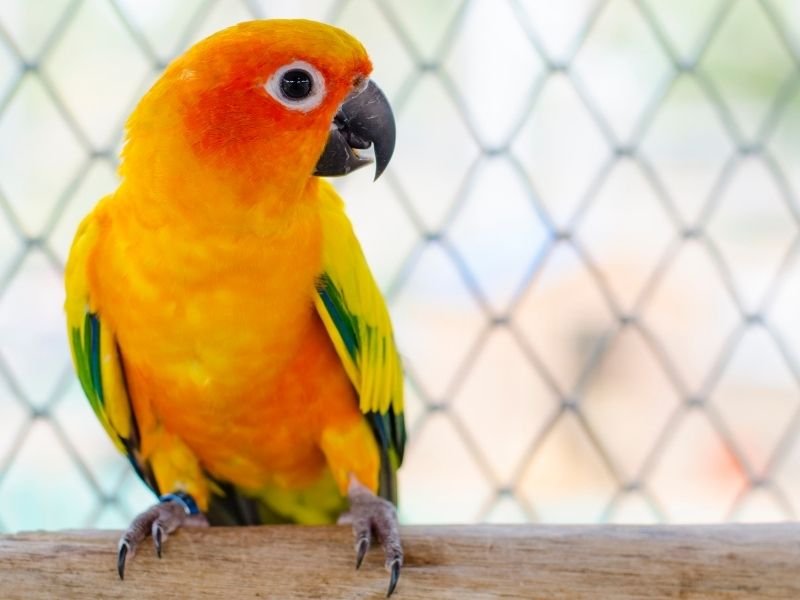
When You Need a Bird Sitter in Christchurch
The most common reason people contact me for bird care is holiday travel. You’re going away for Christmas or taking a summer holiday and you need someone to look after your feathered friend while you’re gone.
But there are other situations where professional bird sitting becomes necessary. Work trips that run longer than expected. Family emergencies requiring sudden travel. Medical procedures or hospital stays where you physically can’t care for your pets for a period.
Whatever the reason, the key challenge is finding someone who actually understands birds. Your cat-loving friend might have wonderful intentions, but if they’ve never cared for birds before, they probably don’t know what normal bird behaviour looks like or what warning signs to watch for.
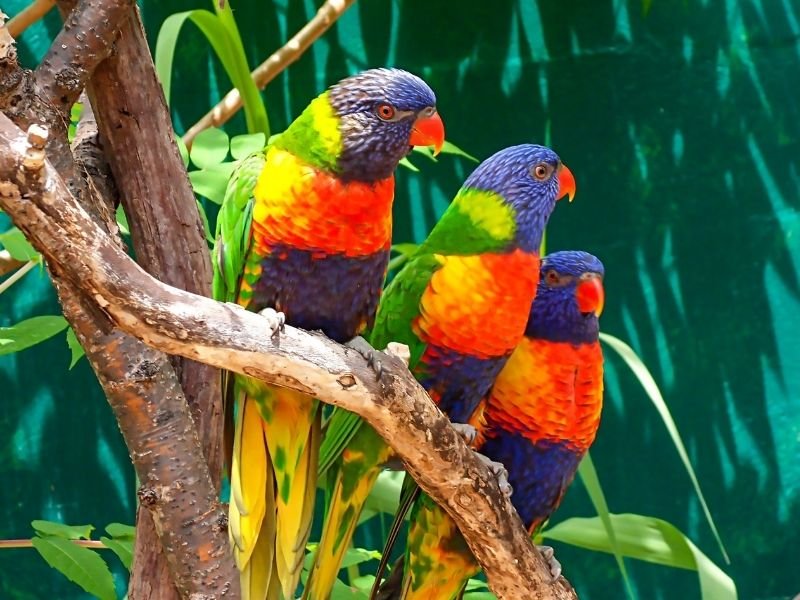
Why Friends and Family Often Struggle With Bird Care
I need to say this carefully because nobody wants to feel like they’ve let someone down. But I’ve seen many situations where well-meaning friends or family agreed to care for birds and it didn’t go smoothly.
The most common issue is that people don’t realise how much attention birds need. They think it’s five minutes twice a day when social birds genuinely need thirty to forty-five minutes of interaction per visit if you’re doing everything properly. They agree to help and then discover they’ve committed to something more demanding than they expected. Visits get rushed or the social interaction gets skipped because they’re busier than they thought.
The second problem is lack of knowledge about what’s normal for birds. If your parrot is quieter than usual, you’d notice immediately because you know their personality. Your friend might not realise anything’s wrong until the bird is visibly fluffed and lethargic, which in birds means they’re already quite unwell. By the time they recognise there’s a problem, you’re dealing with an emergency rather than catching something early.
Environmental hazards are another significant concern. Someone unfamiliar with birds might use aerosol spray nearby, burn scented candles, or cook with non-stick pans without realising these things can kill birds. They might not understand that birds overheat easily or that draughts can make them sick. They might open the cage without securing windows first or allow other pets access to the room.
There’s also the emergency question. If your bird shows signs of illness while you’re away, does your friend know which vet to call? Do they understand the difference between minor concerns and urgent emergencies? Are they comfortable making decisions about veterinary care? Will they actually call the vet or will they wait and hope it improves because they don’t want to worry you while you’re on holiday?
And honestly, there’s the friendship strain aspect. If something goes wrong while your bird is in your friend’s care, both of you feel terrible. They feel guilty even if it wasn’t their fault. You feel awkward about being upset when they were doing you a favour. It creates tension that can genuinely damage relationships.
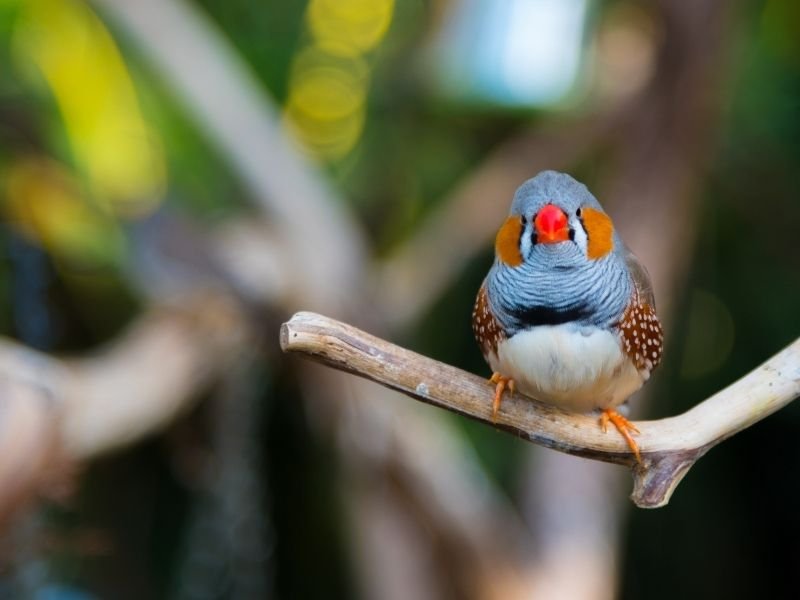
Bird Boarding vs In-Home Care
Some bird owners wonder whether boarding their bird at a facility might be better than having someone visit their home. There are places around New Zealand that offer bird boarding, though they’re quite limited.
The advantage of boarding is constant supervision. If something goes wrong, someone’s there immediately to respond. Some facilities have good relationships with avian vets. For birds with complex medical needs, that level of oversight can feel reassuring.
However, boarding has downsides for birds specifically. Birds are creatures of routine and territory. Taking them to a boarding facility means catching them, putting them in a travel cage, driving them somewhere unfamiliar, settling them into a strange cage in a different environment with new sounds and smells, and then doing it all again when you pick them up. For nervous birds, that stress can make them unwell.
The practical reality is that bird boarding in Christchurch and wider New Zealand is extremely limited. There aren’t many places that do it well, they book up quickly during holiday periods, and the cost can be quite substantial, particularly for larger parrots.
In-home bird sitting means your bird stays in their familiar territory with all their usual routines, cage setup, toys, and environment intact. There’s no stressful travel or adjustment to a new place. The care comes to them. For most birds, that’s genuinely much less stressful than boarding.
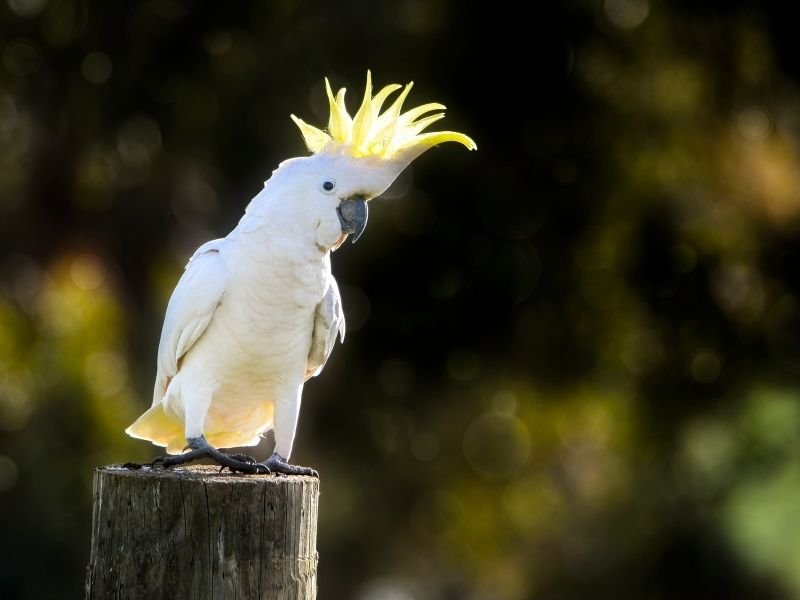
How to Find a Reliable Bird Sitter in Christchurch
If you’ve decided professional in-home bird care is the right choice, here’s what to look for when selecting someone.
Experience specifically with birds is absolutely non-negotiable. Caring for birds is quite different from caring for mammals or even other types of pets. The health concerns are different. The environmental sensitivities are different. The social and enrichment needs are wildly different depending on species. Ask directly about their bird experience. How long have they been caring for birds? What species have they worked with? Can they describe normal bird behaviour and common warning signs of illness?
Someone with genuine bird experience will be able to answer detailed questions confidently and specifically. They’ll talk about things like respiratory distress signs, the importance of fresh foods, how to read droppings, what normal preening behaviour looks like, species-specific needs for different types of birds. If someone gives vague general answers about pet care rather than bird-specific information, that’s a red flag.
Ask about their visit routine and what’s included. How long are their visits? What exactly do they do? Is it just food and water top-ups or do they provide social interaction and enrichment? Will you receive photo or video updates showing your bird is doing well? For social species like parrots, this interaction time is crucial.
A meet and greet before you book isn’t optional. The bird sitter needs to meet your bird, see their cage setup, understand their routine, and learn their individual personality and quirks. They should ask detailed questions about your bird’s diet, health history, preferences, normal vocalisations, and any special needs. If someone’s willing to just take keys and start without meeting your bird first, that’s not professional service.
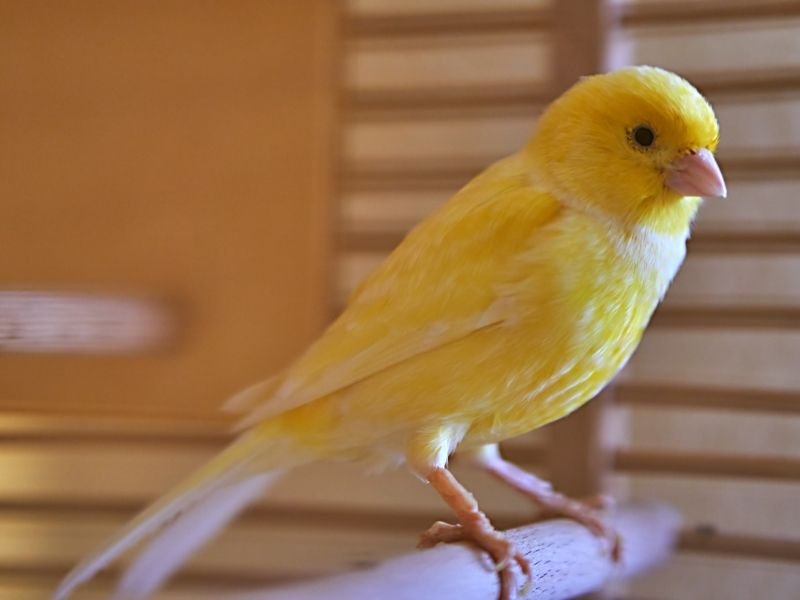
What to Prepare for Your Bird Sitter
Once you’ve found someone you trust to care for your bird, here’s what you need to have ready to make everything run smoothly.
Write down your bird’s complete routine in detail. What do they eat and when? What’s their exact diet – pellets, seed, fresh foods? Which vegetables do they actually eat versus ones they refuse? How much of each food type? When do they normally sleep? Do they get covered at night? Do they have favourite toys or perches? What are their normal vocalisations and behaviours?
Create a list of safe and unsafe foods for your bird’s species. Not all vegetables are safe for all birds. Avocado and chocolate are toxic to birds. Onions, garlic, and salt are dangerous. Your sitter needs to know exactly what’s safe.
Health monitoring instructions should be really clear. What’s normal for your bird? Are they usually chatty and active or more reserved? Do they have any existing health conditions? What would be considered urgent enough to need immediate vet attention versus something that can wait until you’re home? Provide photos or video of your bird behaving normally so your sitter can compare.
Stock up on all supplies. You want more than enough pellets, seed, and fresh foods for the entire time you’re away plus extra.
Leave your avian vet’s information clearly displayed. Include the clinic name, full address, phone number, after-hours emergency number, and your account details. Not all vets see birds, so this is critically important. Let your vet know you’ll be away and someone else will be caring for your bird in case they need to contact them.
Environmental information is essential. What’s the normal temperature range your bird is comfortable with? Are there any rooms they shouldn’t be in if they have out-of-cage time? Are there specific hazards your sitter needs to be aware of? Should windows be opened or kept closed?
Provide clear permission for emergency decision making. If your bird needs veterinary care while you’re away, can your sitter authorise treatment? What’s your budget for emergency vet expenses? These are uncomfortable conversations but they’re critically important.
Take recent good quality photos and videos of your bird from multiple angles. If your bird escapes somehow, having clear current photos and knowing what they sound like makes it much easier to identify them or create found pet posters.
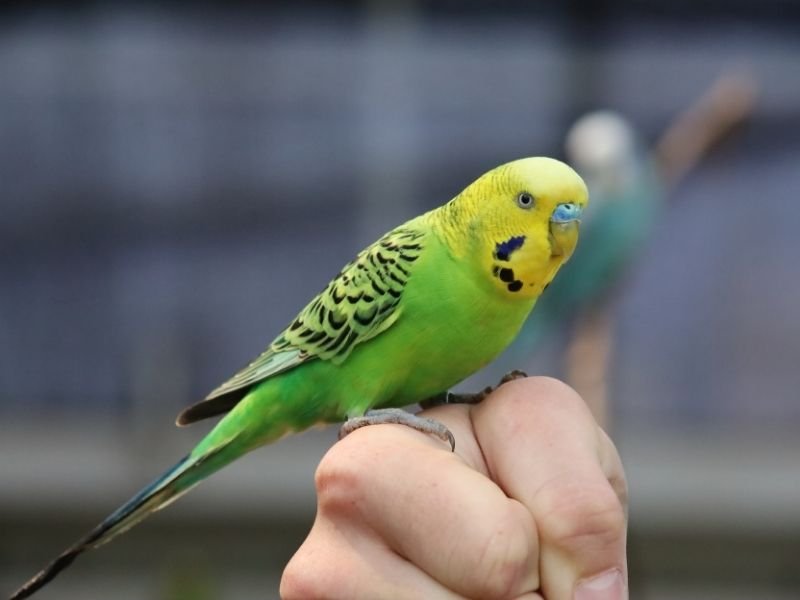
Bird Sitting Prices in Christchurch
People often ask about costs when planning bird care, and I understand it’s an important factor in your decision.
For professional bird sitting in Christchurch, you’re typically looking at around thirty to forty dollars per visit, depending on the species and how much interaction time they need. That includes comprehensive care with health checks, feeding, cage maintenance, social interaction and enrichment, and photo updates.
Social species like parrots, cockatiels, and budgies require significantly more time than finches or canaries because they need genuine interaction and conversation. A visit for a parrot might take forty-five minutes to an hour when done properly, while care for a pair of finches might be twenty to thirty minutes.
That might seem expensive compared to asking a friend to help for free. But consider what you’re paying for. Someone with genuine bird experience who knows what to watch for. Reliability and consistency. Professional insurance and accountability. Understanding of environmental hazards that could harm birds. Proper social interaction for intelligent species. Peace of mind while you’re away knowing your bird is properly cared for.
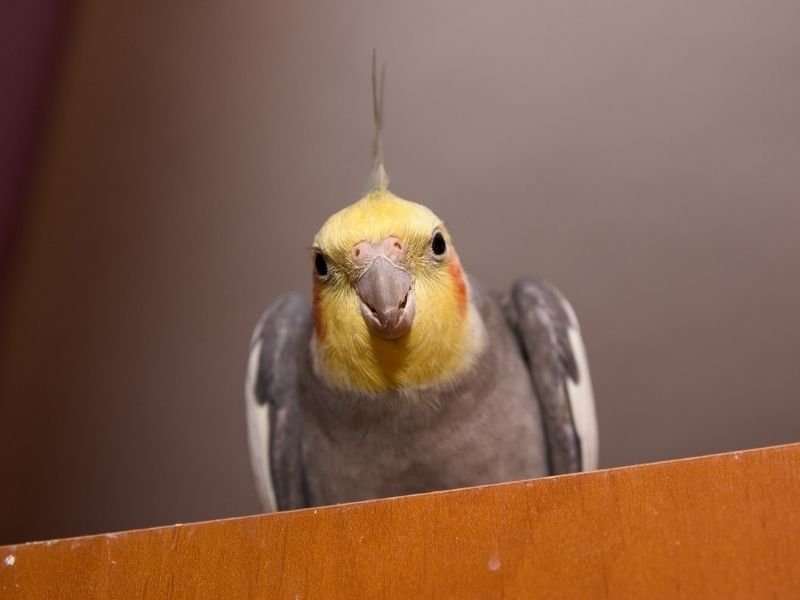
What If Something Goes Wrong
This is what keeps bird owners up at night when planning to travel. What if my bird gets sick while I’m gone?
The honest answer is that sometimes birds do become unwell while their owners are away. The critical thing is having someone caring for them who recognises problems early and acts quickly.
Professional bird sitters check for health issues during every single visit. We’re watching behaviour, vocalisations, activity levels, posture, feather condition, breathing, and droppings. If something seems off, we’re contacting you and the vet immediately, not waiting to see if it improves.
We understand the difference between minor quirks and genuine emergencies. We know that a lethargic, fluffed bird with laboured breathing needs to see an avian vet right now, not tomorrow. We know that a bird who’s stopped eating or drastically changed their droppings requires urgent attention.
Importantly, we’re comfortable making decisions in emergencies. If your bird needs urgent veterinary care, we’ll get them there. We can handle after-hours emergencies if something happens in the evening or on weekends.
You can’t eliminate all risk when you’re away from your pets. But you can massively reduce it by having experienced, knowledgeable, attentive professional care in place.
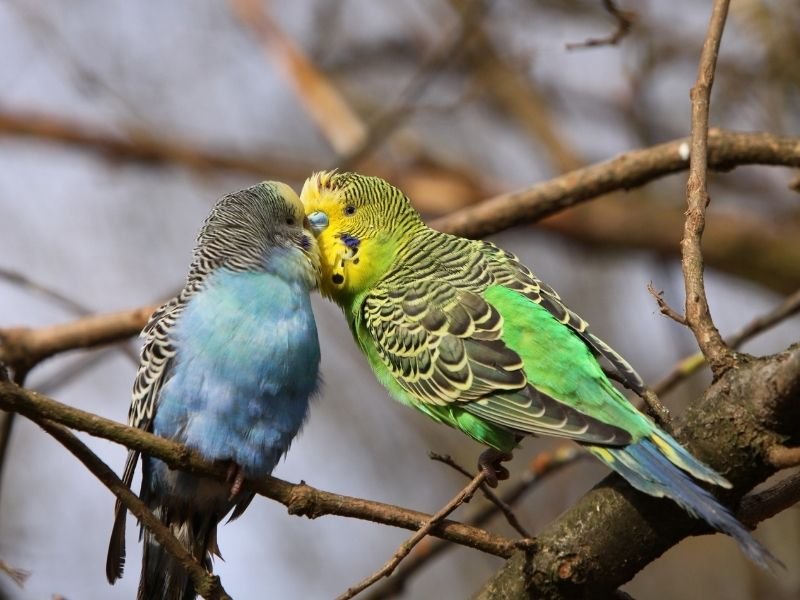
Why Birds Deserve Specialist Care
When I first started offering bird care years ago, I thought my experience with other animals would translate easily. Surely caring for a bird wasn’t that different from caring for other small pets?
What I ended up realising was birds are completely unique creatures with specific needs, health vulnerabilities, and emotional complexity that require specialised knowledge. They’re not like any other pet. They need someone who actually understands birds, not just someone who’s good with animals generally.
Your bird isn’t a low-maintenance cage pet that just needs food and water. They’re an intelligent, sensitive, emotionally complex creature who relies on you for everything. When you can’t be there, they deserve someone who’ll provide the same standard of specialised care you’d give them yourself.
That’s what professional bird sitting is really about. Not just keeping them alive while you’re gone, but ensuring they’re genuinely healthy, mentally stimulated, and emotionally supported in your absence.

Frequently Asked Questions About Bird Sitting in Christchurch
How often should someone visit my bird while I’m away?
For most pet birds, once daily visits are adequate for short trips of three to four days. For longer trips, or for highly social species like parrots, cockatiels, and budgies, twice daily visits are better. Social birds need regular interaction and companionship, and twice daily care provides better mental stimulation and more frequent health monitoring. Very nervous or health-compromised birds may need twice daily visits regardless of trip length.
Can birds be left alone for a weekend?
Birds can technically survive a weekend alone if you leave extra food and water. But social species will be lonely and bored, their cage will become increasingly dirty (which can cause health problems), they won’t get fresh foods, and if something goes wrong nobody will know. Even one mid-weekend visit is much kinder and gives you peace of mind that your bird is actually okay.
What if my bird has special dietary or medical needs?
Professional bird sitters are experienced with managing special requirements. Whether your bird needs medication, hand feeding, specific dietary supplements, nebuliser treatments, or other medical considerations, an experienced sitter can handle it. Provide clear written instructions and demonstrate anything complex during the meet and greet. For birds on critical medications or with serious health conditions, twice daily visits are usually necessary.
How do you keep my bird safe during visits?
Bird safety during visits involves multiple protocols. We ensure all windows and doors are secured before opening the cage. We check that no other pets can access the room. We verify there are no toxic hazards present like aerosol sprays or non-stick cookware. We’re careful about temperature control. If your bird gets out-of-cage time, we supervise them constantly and never leave them unattended. We’re also very careful about cage security, ensuring latches are properly closed.
What happens if my bird escapes while I’m away?
Experienced bird sitters are extremely careful about security, double-checking windows and doors before opening cages. However, if a bird did escape, your sitter would immediately close off the room, attempt to lure them back with favourite treats or toys, contact you, and follow lost bird protocols including notifying neighbors and local vets. Having recent photos and knowing your bird’s vocalisations helps enormously. This is another reason why professional sitters with insurance matter.
Can the pet sitter give my bird medication?
Yes, experienced bird sitters can administer oral medications, topical treatments, injections if trained, and other medications. Birds can be tricky to medicate because they’re small and quick, so proper technique matters. Demonstrate the method during your meet and greet, leave detailed instructions with dosage and timing, and provide extra medication doses just in case something gets spilled or refused.
What if I have multiple birds in the same cage?
Multiple birds in one cage are fine and often easier than birds in separate cages because everyone’s in one location. The visit takes longer because there are more individuals to monitor and more food to prepare, which may affect pricing slightly. We’ll watch for any unusual dynamics between cage mates and ensure everyone’s eating properly and getting along.
Do you provide out-of-cage time?
If your bird normally gets out-of-cage time and is comfortable with handling, we can provide that safely. We follow your guidance about how long, where in the house, and what level of interaction your bird prefers. Some birds love sitting on shoulders while their cage is being cleaned. Others prefer supervised play on a stand. We adapt to what works for each individual bird and what you’re comfortable with.
How do I know the pet sitter actually came?
Professional bird sitters provide proof through GPS-tracked visit times and photo or video updates showing your bird during each visit. You should receive these for every scheduled visit without having to ask. Video updates are particularly valuable for bird owners because you can hear your bird vocalising and see them moving normally.
What species of birds do you care for?
Experienced bird sitters typically care for common pet bird species including budgies, cockatiels, canaries, finches, Lovebirds, cockatoos, and other parrots. Each species has different care requirements, social needs, and health considerations. During your meet and greet, we’ll discuss your specific bird’s species needs and whether we have appropriate experience.
Need experienced bird sitting in Christchurch? VIPets provides specialist bird care with species-appropriate handling, daily health monitoring, and proper social interaction for intelligent species. Contact us for a comprehensive meet and greet.


